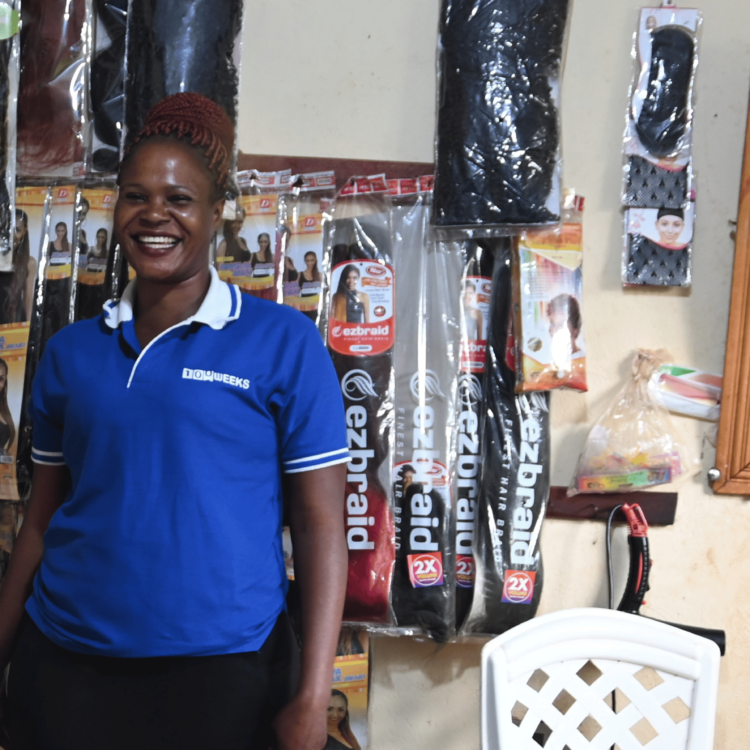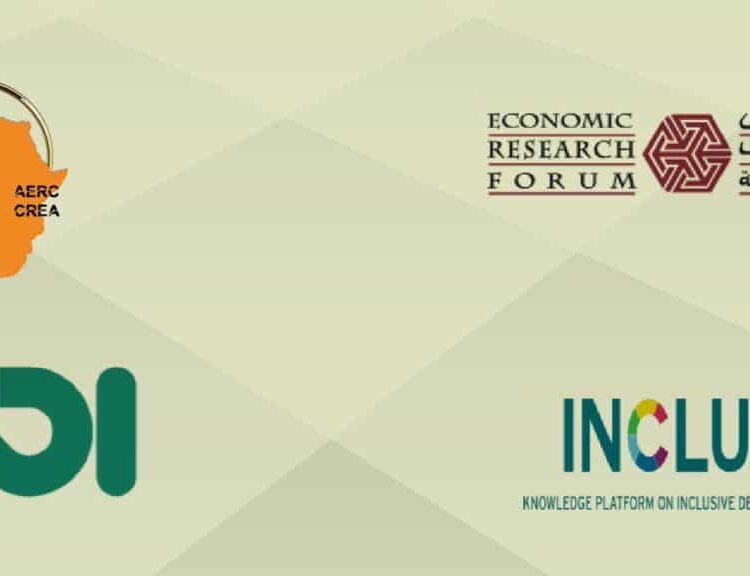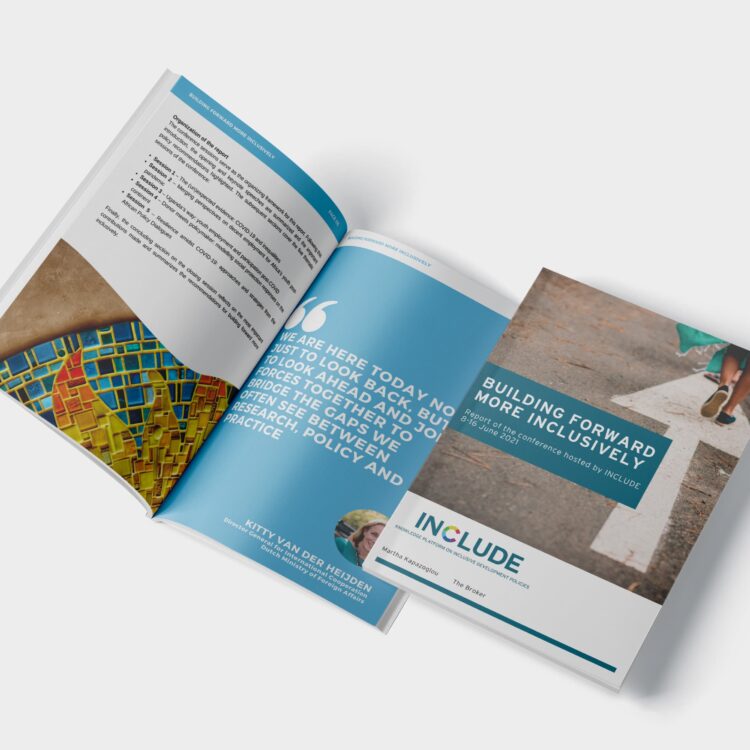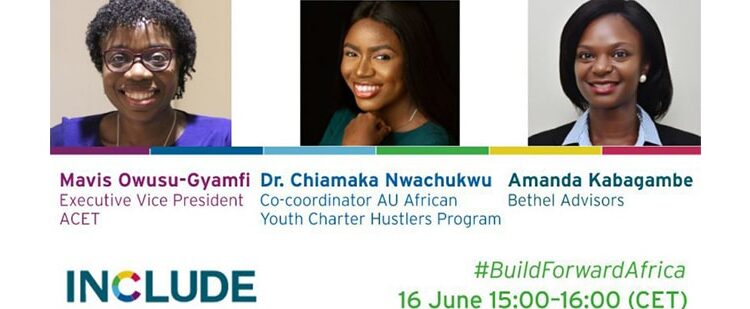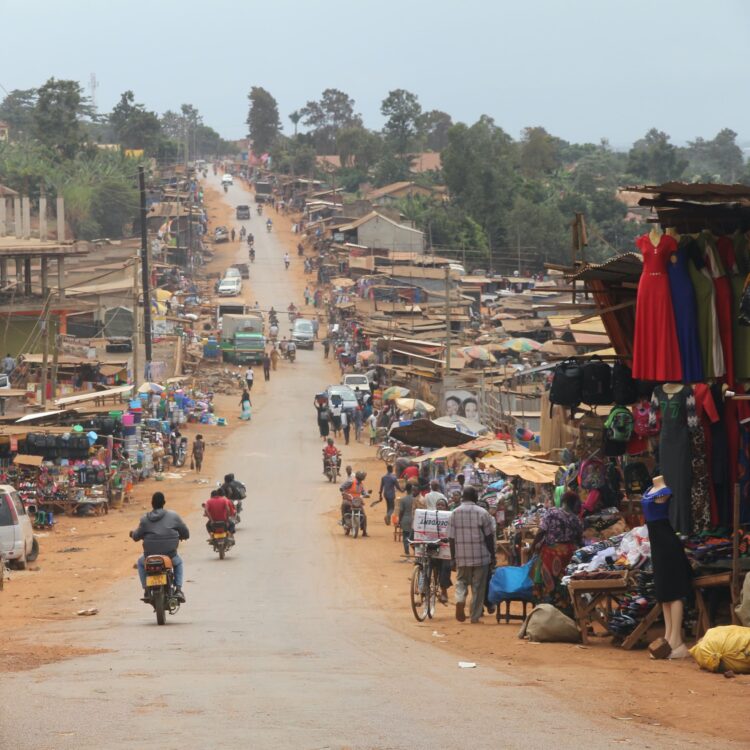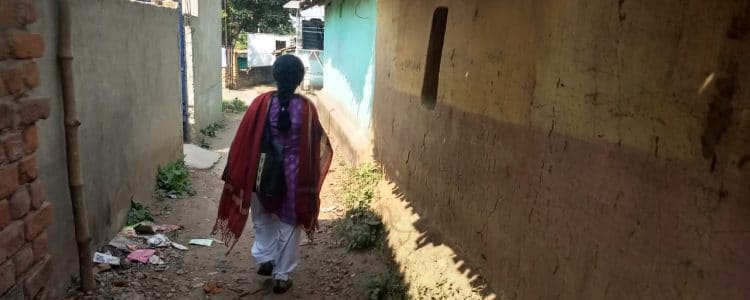
The research programme ‘New roles of CSOs for inclusive development’ investigates the assumptions, solutions and problems underlying the civil society policy framework ‘Dialogue & Dissent’ of the Dutch Ministry of Foreign Affairs. Currently, all the research groups are conducting the empirical part of their research. The ‘Assumptions blog’ provides insight into the fieldwork of the research groups – the researchers share their on-the-ground experiences through this blog. This time, Dr. B. Rajeshwari (Indian Institute of Technology Delhi) and Dr. Margit van Wessel (Wageningen University & Research), part of the research group ‘Civil society advocacy collaborations in India’ share some things they have learnt.
Autonomy and ownership in Indian CSOs
One of the key assumptions of the Dutch Ministry of Foreign Affairs’ Dialogue & Dissent ‘Theory of Change’ is that civil society organizations (CSOs) require autonomy and ownership to perform their representative roles. Although it is widely acknowledged that autonomy and ownership are relative rather than absolute, little is known about the ways in which they manifest in CSOs.
In our study, we seek to show the impact of funding dependencies, widely known to restrict the autonomy of funding recipients. We seek to unpack autonomy and ownership by studying the dynamics around these as they come up for CSOs in India. Our research looks at collaboration between a women’s rights CSO in Delhi and its seven partner CSOs in the Indian state of Jharkhand. The CSO in question focuses on the empowerment of elected women representatives in Panchayats (local government bodies). Through collaboration with the national-level CSO, the local partners provide training for these women, enabling them to speak out and fulfil their role as elected representatives. The training programme seeks to address the problem that women in India are often placed in official representative roles due to a quota, with male family members making decisions behind the scenes. Thus, it addresses structural gender inequalities in Indian society.
Our research question is: How does the collaboration between the CSO in Delhi and its partners at the local level impact on the ownership and autonomy of the local partners?
While we are still in the middle of our fieldwork, what we have learnt so far is illustrative of how autonomy and ownership are relative, rather than absolute. Our research has also shown that autonomy and ownership are complex and dynamic. Three examples illustrate this.
First, the work of the seven local partner CSOs is shaped by the local context in important ways, limiting their ownership of the programme that they are carrying out. These CSOs are from diverse parts of Jharkhand, including the state capital, an area with a significant tribal population, and one of the most underdeveloped parts of the state. The partners have to navigate the different cultural and social constraints that emerge in the different areas where they operate. This raises significant challenges and they have to constantly revisit and strategize their interactions. For example, since building and maintaining rapport is essential, they have to communicate with the elected women representatives continuously, and involve their families, seeking approval for their participation in the programme.
Second, we found that the distinctions between state, CSO and the women involved are fluid. The programme contributes to the autonomy of individuals as much as that of organizations, and seems to do so for the elected female representatives and the CSOs partly in similar ways. The programme enables the women to make important choices, enhancing their ability to voice their opinion and negotiate their position within their families and communities. This results in them being more autonomous and provides them with a sense of freedom. Autonomy here is to be viewed in relative terms, to be understood contextually. In some Jharkhand contexts, where women’s mobility, their choice of clothing and food, and their ability to speak are all restricted, the partnership has provided them a chance to move out of their restricted spaces. The programme has also allowed some of the partner CSOs and their staff in Jharkhand to grow, as they are increasingly equipped to challenge the patriarchal social order within their villages and districts in small, but significant, ways. For example, some of the women who have participated in the programme say that they now feel able to voice their opinion in key decisions in the family related to, for example, the education of daughters or the number of children to be had.
Third, we have found that organizational autonomy is multidimensional for the CSOs involved in the programme, and autonomy emerges as an issue in some ways rather than others. Local CSO partners enjoy the freedom and space that is allowed to them in deciding how the programme should be shaped and unfold in their area. However, the budget is in the hands of the national-level CSO, and transparency in relation to the budget is limited. The complexities of such a partnership suggests that the autonomy and freedom of partner CSOs to make decisions are restricted. At the same time, while one might assume that partner organizations who are receivers of funding would want to enjoy as much autonomy as possible, this study suggests that the partners in Jharkhand are happy to let the national-level CSO make certain decisions for them. More significantly, most of them are well aware of their limitations with regard to lack of professional staff (including accountants or people with expertise in writing reports) and, thus, acknowledge the important space that the national-level CSO occupies within the partnership.
All in all, this research points to the need to reconsider ideals about CSOs as autonomous entities having or seeking ownership of their work in absolute terms. As it progresses, we expect that this research will help develop a way of approaching autonomy and ownership that does more justice to realities on the ground.
